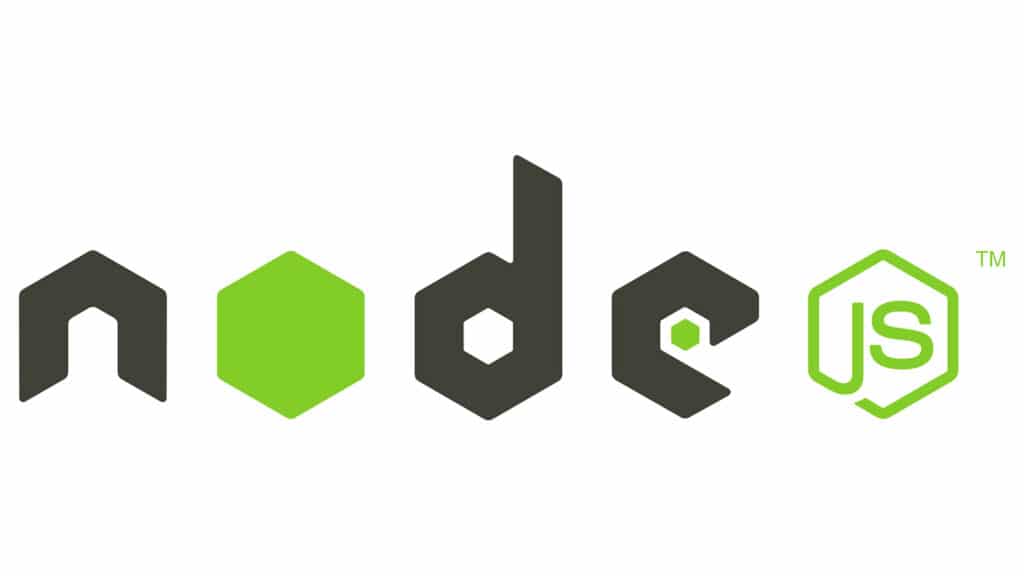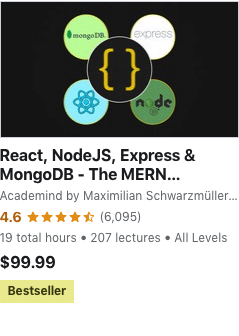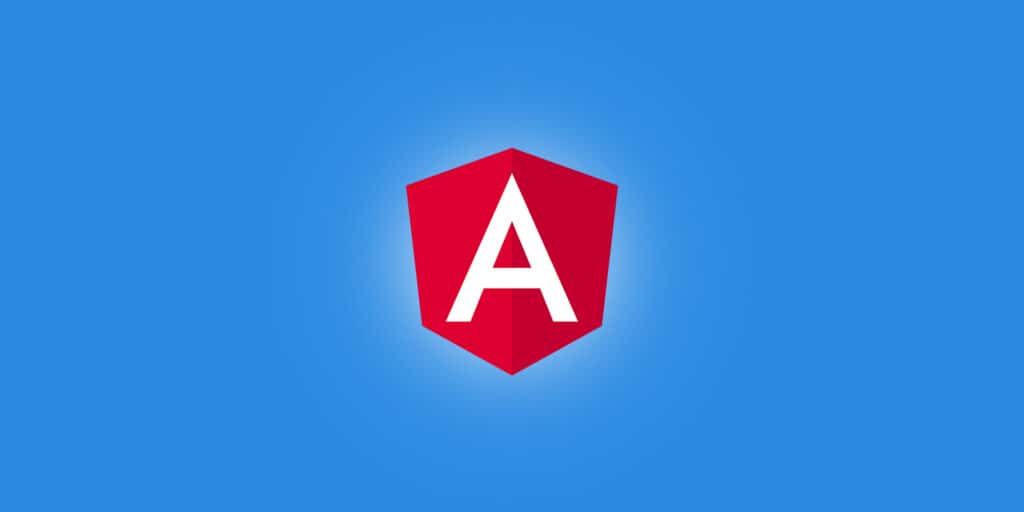
Node.js
What is Node.js Software?
Node.js is an application that lets you run JavaScript code offline. This is a revolutionary tool for a number of reasons. It lets you work on the go, works perfectly with smaller websites and is a great environment for building mobile and web apps. Node.js is really simple to learn, making it a great pick for digital nomads looking for a way to practice their skills.
So really, the most important thing to be aware of is what JavaScript does. JavaScript is the most popular coding language among developers across the world, and it’s easy to see why! It’s simple to learn, performs a number of functions and is the leading language for web development. JavaScript shows no signs of slowing down, and there are more and more tools popping up each day to help you learn and build skills related to the language.
Node.js is one of those tools. It’s free to download and works offline. Whilst previously many web developers relied on online tools, Node.js can show you the fruits of your labour without an internet connection. This is revolutionary in the world of remote working, especially for digital nomads who often find themselves in locations with poor internet connections.
This application also allows you to apply JavaScript logic to server side applications. You can work directly with the server’s interface to create faster, sleeker web apps for users. It will also help your clients maintain their apps with ease in the future. Demand for Node.js developers is growing, so now is the time to get ahead of the curve.
How is Node.js used in development?
Its most common usage is with server side applications. These aren’t usually seen by the user, but ultimately create a smoother experience for them. Running JavaScript, Node.js talks directly to the server that hosts the website to execute a number of functions. These can be run offline, making it easier for websites to perform to a high standard.
This application is usually used with smaller websites, and Node.js is specially designed for quickness and precision. If you’re looking to build larger, high-performance websites you’ll need to look into other applications. That said, Node.js is a great for entry level developers looking to grow their skills.
In particular, because it can be run offline, it actually gives you the chance to see how your website development code is working without being connected to the internet. This gives you the ultimate freedom to experiment with JavaScript and teach yourself how to work with the language. Node.js really is a must for newbies to the web development space.
Despite its use for smaller websites, it’s also pretty effective for data-heavy tasks. If you’ve ever used a video streaming website, you’ve probably interacted with Node.js as a user. It can help developers create scalable sites that take up less space at the server end whilst still conveying a lot of information at the user end. For this reason, you’ll find it is a common tool in the media and creative industries.
How to become a Node.js software developer?
Before you get anywhere near Node.js you’ll need to learn HTML, CSS and JavaScript. JavaScript is the backbone of the internet and one of the most common coding languages among developers. You won’t need HTML and CSS for Node.js specifically, but learning them will help you understand JavaScript better as well as development more generally.
There are endless resources online for learning JavaScript ranging from YouTube tutorials to guided courses. These can vary in price, but there’s a surprising number of high-quality, free courses if you search hard enough. That being said, the paid options will give you a broader overview of JavaScript. They’ll also be delivered in a methodical way that makes some of the harder concepts easier to digest.
Once you’ve learned JavaScript, tackling Node.js is a piece of cake. It operates entirely with JavaScript so you won’t need to learn any other languages. There are a few different applications and frameworks for working with the language, but Node.js is by far the easiest to pick up. This is your quickest way to get reasonably well-paid work with the language.
Learning is, of course, only the first step – you also need to be prepared to find a job. Node.js jobs are abundant in some places but pretty scarce in others. As a digital nomad, you’ll need to prepare to look for remote work in cities where your skills are most in demand. Thankfully, there are some Node.js specific jobs boards online to point you in the right direction.
What jobs require knowing Node.js?
The media and creative industries rely heavily on Node.js to display their content. Videos and photography can take a lot of memory, but using Node.js means they can save space on the server whilst still displaying high-data information to the website users. Any sort of development job in either of these industries will be heavily reliant on knowledge of Node.js.
It’s also a great choice for small websites that value high performance. Small companies that want to limit how much they spend on server space will find it a particularly useful tool. Whilst this isn’t where the money is, it’s a great opportunity to build your experience. You’ll find they are also more open to remote workers than many other employers.
More broadly, JavaScript is a pioneering language for web development, so you’re more likely to encounter Node.js in these environments. If you’re a full stack web developer, it’s likely you’ll come across Node.js at some point in your career, and it can be immensely useful to learn it if you’re looking for a career change.
Beyond developers, because it is a JavaScript application, you’ll find that website managers, UX/UI designers and even some marketing professionals are aware of Node.js. It can impact the SEO of a website, so anyone working in this field should understand how to interact with it. UI/UX designers also need to know how it impacts the display of video and photographic content on a website, as well as the impact it has on user interaction.
Average Node.js salary with different amounts of experience?
There is a big variation in salaries for Node.js developers. For a mid-weight level of experience you will be looking at $85k, which goes up to $130k for high levels of experience. Entry level roles are on the lower end for developer salaries at around $48k. Why is there such a big variation? Well, as we mentioned earlier, it tends to be smaller businesses that hire newer developers for Node.js. If you can get your foot in the door at a larger organisation, your starting salary will be closer to $60k.
This is, of course, if you only work with Node.js. As a JavaScript application you will likely find a more diverse array of opportunities with many JavaScript roles offering more money than a lot of Node.js roles. Node.js is a good way to get your foot in the door for JavaScript roles if you’re happy to accept the lower pay. Otherwise, it’s still pretty useful as a way to enhance your income. JavaScript developers with Node.js skills can expect a $10-15k increase in their salary.
How much you earn also depends hugely on the location. In the United States, jobs actually pay better in the less populated states. This is because Node.js is still in high demand but with fewer people to take up the jobs. In Missouri, a Node.js developer can enjoy a salary around $30k higher than similar roles in New York or California.
This is also the case internationally, which is great news for digital nomads. Taking cost of living into account, you can make a decent amount in cities like Lisbon, Berlin and Budapest, all popular hotspots for digital nomads. You might not get many remote roles here, but they’re all really cheap places to stay and obtaining a visa is relatively simple if you have a job lined up.
How common is using Node.js amongst digital nomads?
It’s not that common at the moment, but given the international appeal, it is likely to grow in popularity over the coming years. For this reason, we recommend getting your foot in the door early before it gets super competitive. If you already have JavaScript, it’s pretty easy to learn Node.js in just a couple of months.
As mentioned above, Node.js is increasingly popular in digital nomad hotspots. It is a must have for tech startups, hence why you’ll find plenty of jobs in these places. If you want something a bit more off the beaten track, Tallinn is the next big thing for tech startups so it’s worthwhile looking for jobs there.
For developers that know JavaScript, Node.js is the logical next step in your career. It can enhance your earnings and open up opportunities internationally. It also works offline, making it a great way to practice your skills on those long train journeys without any WiFi.


![Angular & NodeJS - The MEAN Stack Guide [2022 Edition] Angular & NodeJS - The MEAN Stack Guide [2022 Edition]](https://media.digitalnomads.world/wp-content/uploads/2022/03/20112811/Angular-NodeJS-The-MEAN-Stack-Guide-2022-Edition.png)







